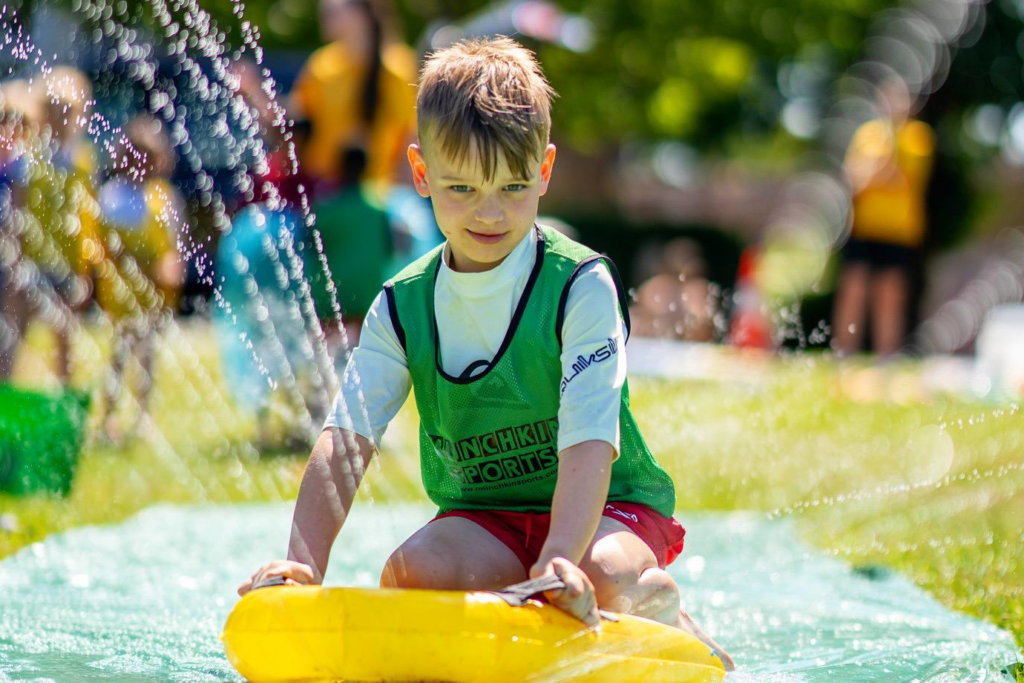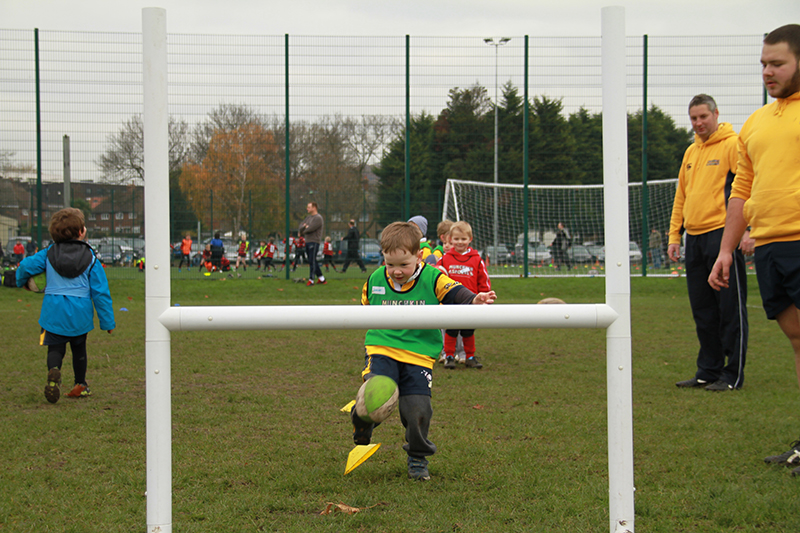How Physical Activity Enhances Focus, Memory, and Learning Skills
As parents, we all want our children to excel in school. But did you know that one of the best ways to support their academic success isn’t just extra tutoring or more study hours—it’s sports?
It may seem surprising, but research consistently shows that children who engage in regular physical activity tend to perform better in school. Whether it’s football, gymnastics, swimming, or running around the playground, being active has a direct impact on brain function and learning abilities.
So, how exactly does playing sports help in the classroom? Let’s break it down into five key ways.
1. Boosts Memory and Cognitive Function
Have you ever noticed that after a short walk or run, you feel more refreshed and focused? The same principle applies to children. Physical activity increases blood flow to the brain, delivering oxygen and essential nutrients that support cognitive function.
How it helps in school:
- Improves memory retention, making it easier for children to recall facts and figures.
- Enhances concentration, helping them stay focused in lessons.
- Strengthens problem-solving skills, allowing them to think more critically.
💡 Tip: Encourage your child to take short active breaks during homework sessions. A quick 10-minute run or some skipping can work wonders for their concentration!
2. Develops Time Management and Discipline
Balancing sports and schoolwork teaches children valuable time management skills. When kids participate in regular training sessions or matches, they learn how to plan their day effectively, ensuring they complete homework and revision on time.
How it helps in school:
- Encourages a sense of responsibility and structure.
- Teaches prioritisation—kids learn to balance schoolwork, training, and relaxation time.
- Reduces procrastination by creating a set routine.
💡 Tip: If your child struggles with managing their time, consider using a simple planner to help them schedule both study and sports activities.
3. Reduces Stress and Anxiety

Let’s be honest—school can be stressful! Tests, homework, and social pressures can all take a toll on a child’s mental well-being. But sports offer a fantastic way to release stress and boost mood.
How it helps in school:
- Lowers anxiety levels, making it easier to focus on school tasks.
- Increases endorphins (the brain’s “happy chemicals”), improving overall motivation.
- Creates a positive outlet for emotions, helping children manage frustrations in a healthy way.
💡 Tip: If your child often feels anxious before exams, encourage them to engage in light physical activity, like a short jog or yoga. Exercise can help calm their nerves and improve focus.
4. Enhances Social Skills and Teamwork
Sports are not just about running fast or scoring goals—they teach children how to communicate, collaborate, and work as a team. These skills are essential for success, both in school and later in life.
How it helps in school:
- Improves participation in group projects and class discussions.
- Teaches leadership skills, helping children feel more confident in school settings.
- Encourages cooperation and understanding, reducing conflicts with peers.
💡 Tip: If your child is shy or struggles with teamwork, sports can be a great way to boost their confidence. Consider enrolling them in team-based activities like football, netball, or basketball.
5. Builds Resilience and a Growth Mindset
In both sports and academics, setbacks are inevitable. A missed goal, a lost match, or a tough exam—these challenges help children develop resilience and perseverance.
How it helps in school:
- Encourages children to keep trying, even when subjects feel difficult.
- Instils a “growth mindset,” where effort and practice lead to improvement.
- Teaches them to handle failure positively, learning from mistakes instead of giving up.
💡 Tip: Talk to your child about famous athletes who faced challenges before succeeding—such as Serena Williams or Cristiano Ronaldo. This can inspire them to apply the same resilience in school!
How to Encourage a Balance Between Sports and Academics
While sports offer amazing benefits, it’s important to strike a healthy balance between physical activity and school responsibilities. Here are a few ways to help your child manage both effectively:
Set Priorities: Help your child understand that both school and sports are important. Encourage them to complete homework before heading to practice.
Create a Routine: A structured daily schedule can help ensure they have enough time for studies, exercise, and relaxation.
Ensure Rest and Recovery: Sleep is just as crucial as exercise! Make sure your child gets enough rest to support both learning and physical performance.
Communicate with Coaches and Teachers: If your child has a big exam coming up, talk to their coach about adjusting their training schedule temporarily.
Final Thoughts: Active Kids, Bright Minds
It’s clear that sports do more than just keep children fit—they enhance academic performance, improve focus, and build essential life skills. Whether your child dreams of becoming a professional athlete or simply enjoys playing for fun, their time on the field can directly benefit their success in the classroom.
So, why not encourage your child to get moving? Whether it’s joining a local football club, trying gymnastics, or simply playing outside more often, an active child is a thriving child!

